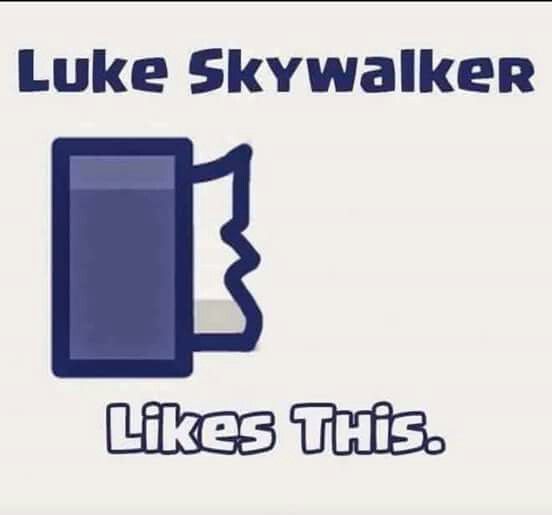@Carl in Dover
I do think that goals and process are more complementary than oppositional. But I also think the idea of "SMART" goals is overrated and often counterproductive.
One of the principles of the
Mastery book is that progress is not linear. This means that plateaus are a normal part of progress and that even when it appears you are just spinning your wheels you are often laying the foundation for a leap forward, and that a new peak is often followed by a regression and then stabilization at a new plateau that is higher than your previous plateau.
So having specific short term goals with a definite time frame is often unrealistic and counter to the overall process of achieving mastery.
On the other hand, your process/practice should be aligned with and informed by your overall long term goals. And even if you detach from the goal in your day to day practice, you can still have periodic check points and benchmarks to assess progress.
There are also specific objectives that do lend themselves to a definite time frame, such as preparing for a specific competition. However, Dan John has often pointed out how difficult peaking for a competition can be, and how a lot of olympic athletes, for example, fail to perform their best at the actual olympic games.
The
Mastery philosophy is very much in keeping with Dan John's "park bench" approach to training. Let your goals inform your practice but then forget them. Show up, do the work, punch the clock, and cash the checks.


